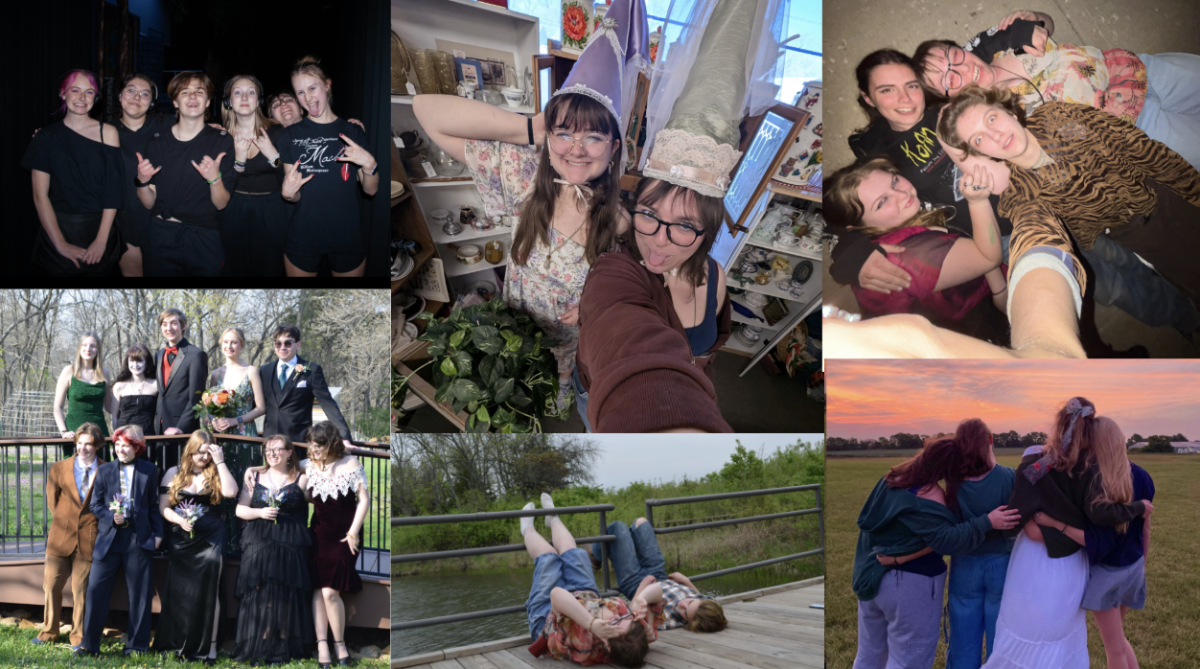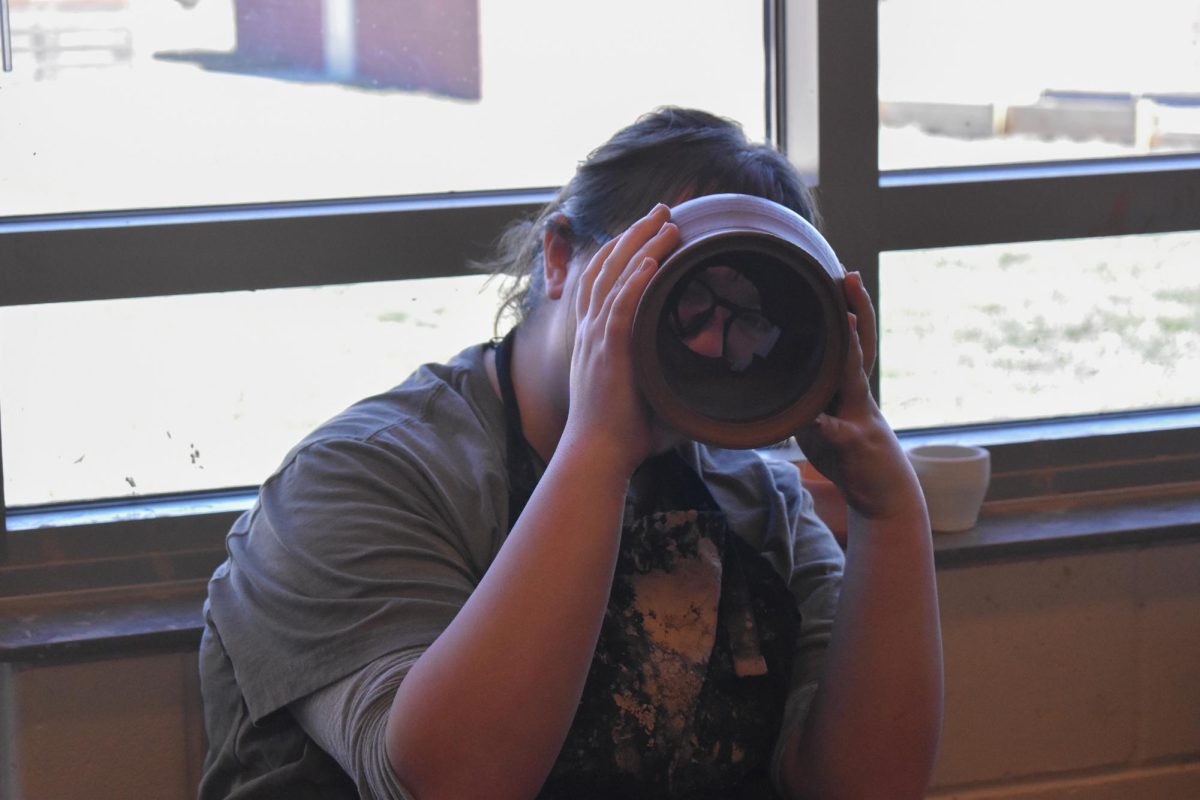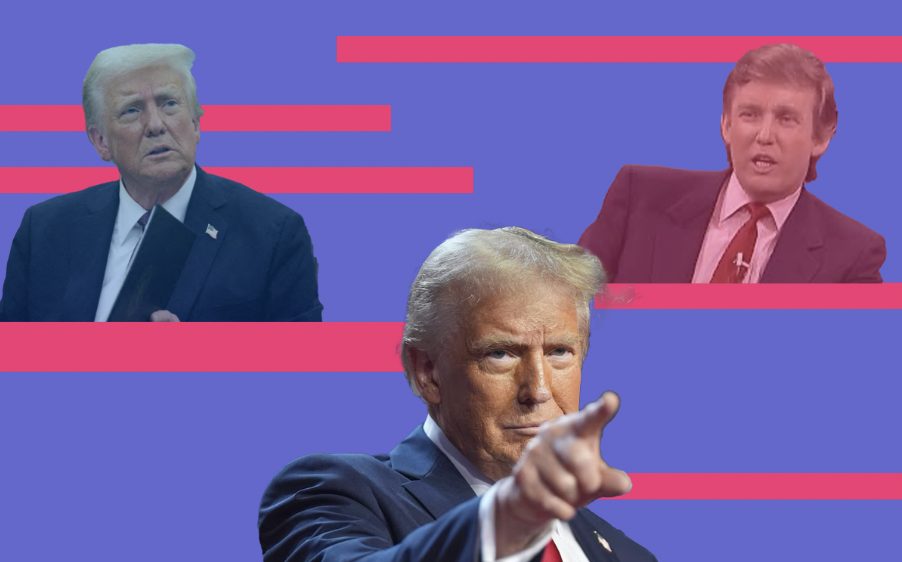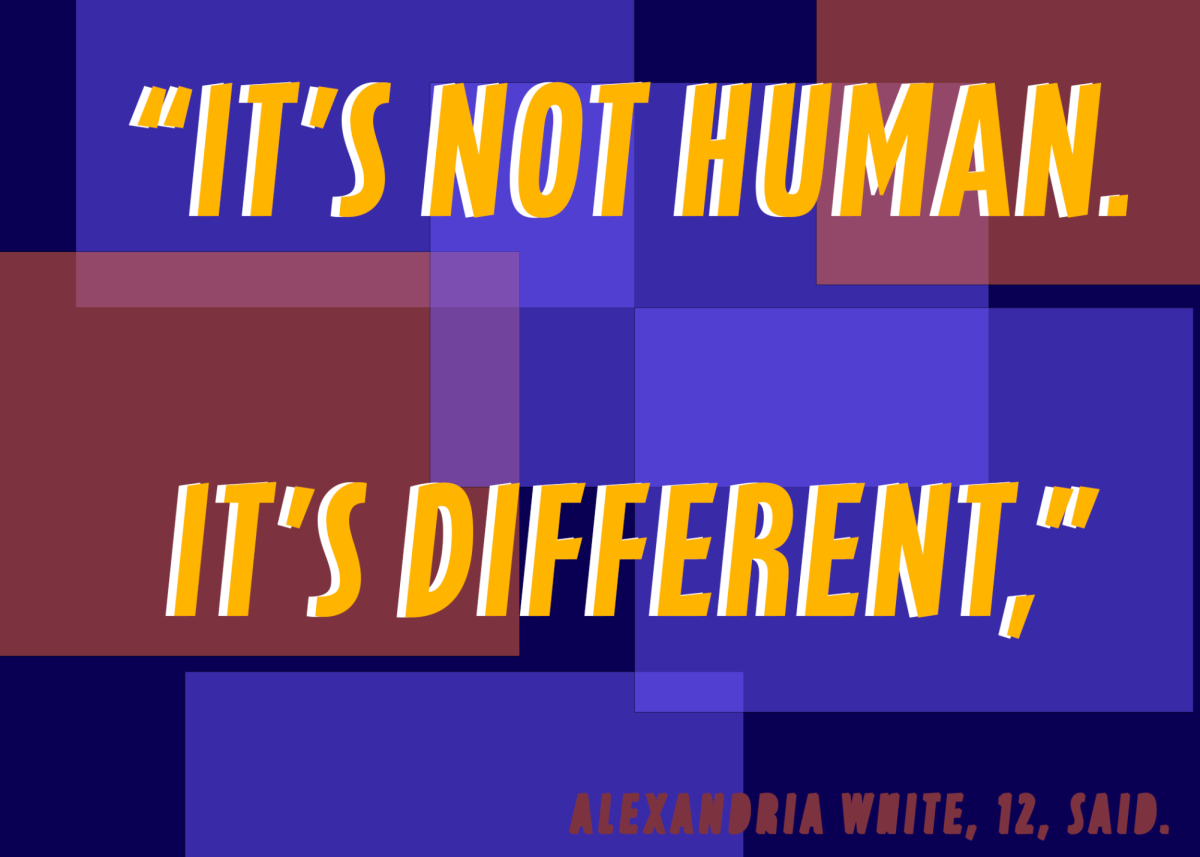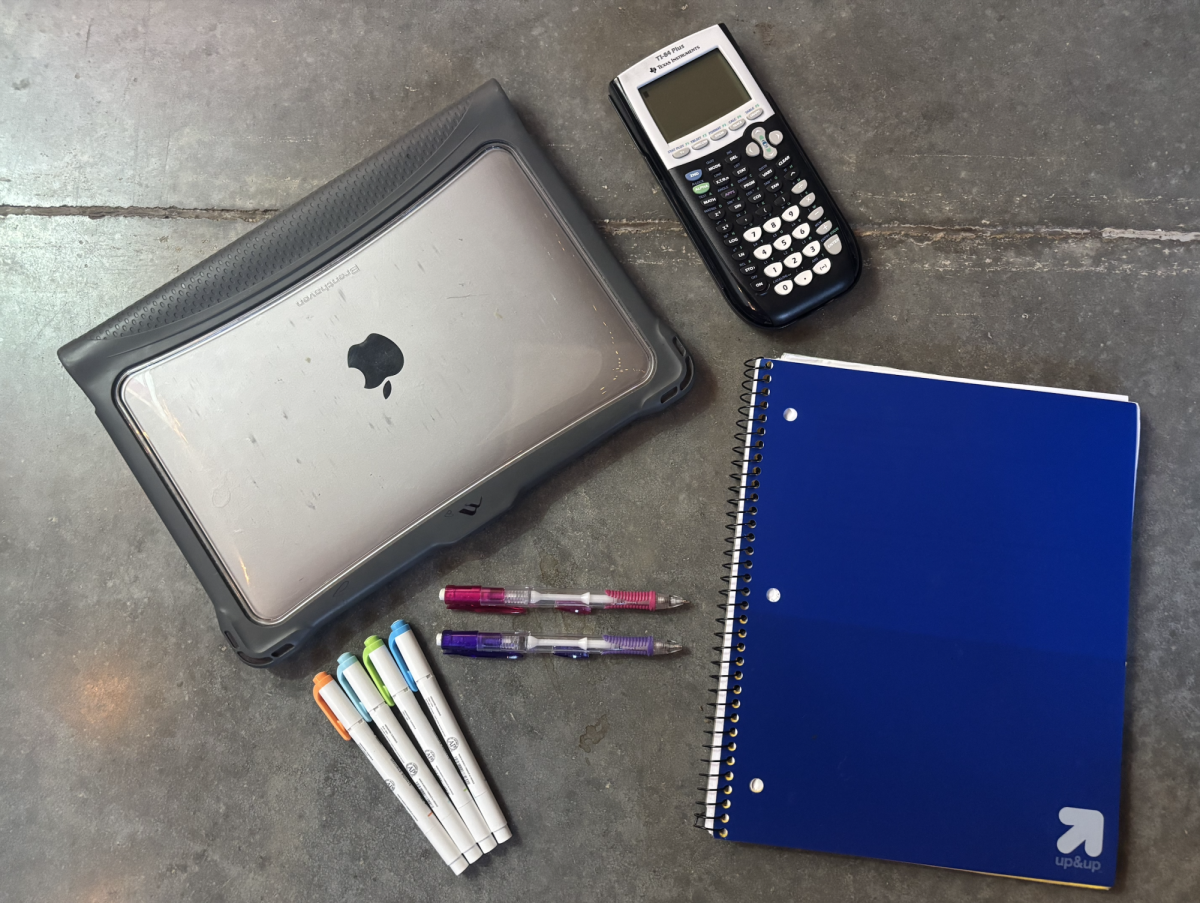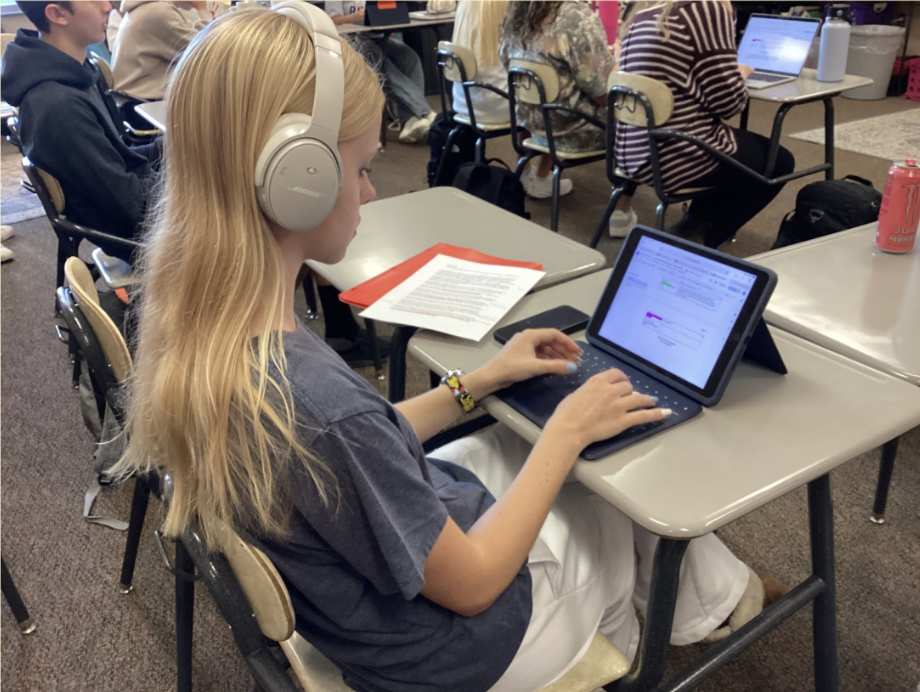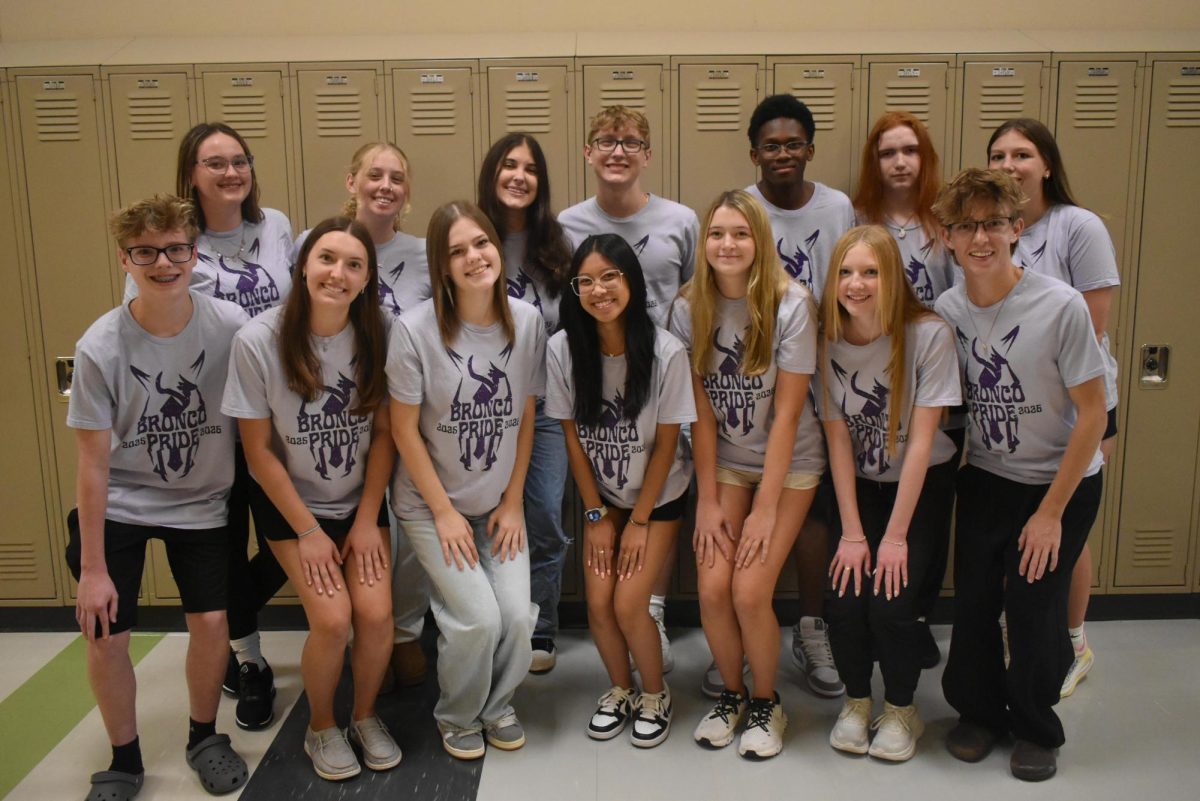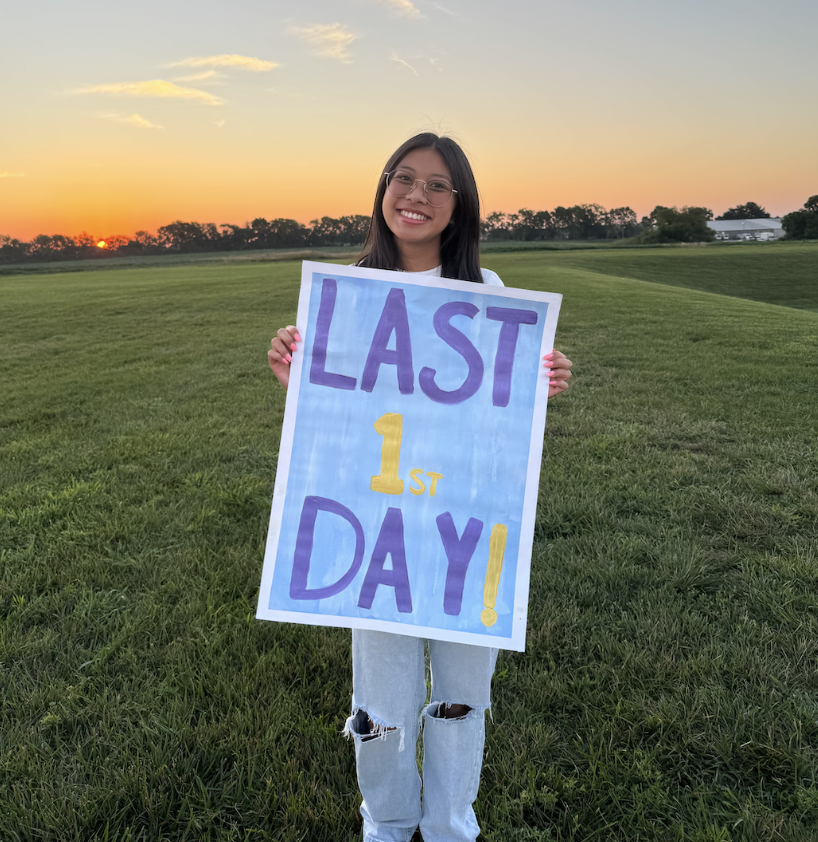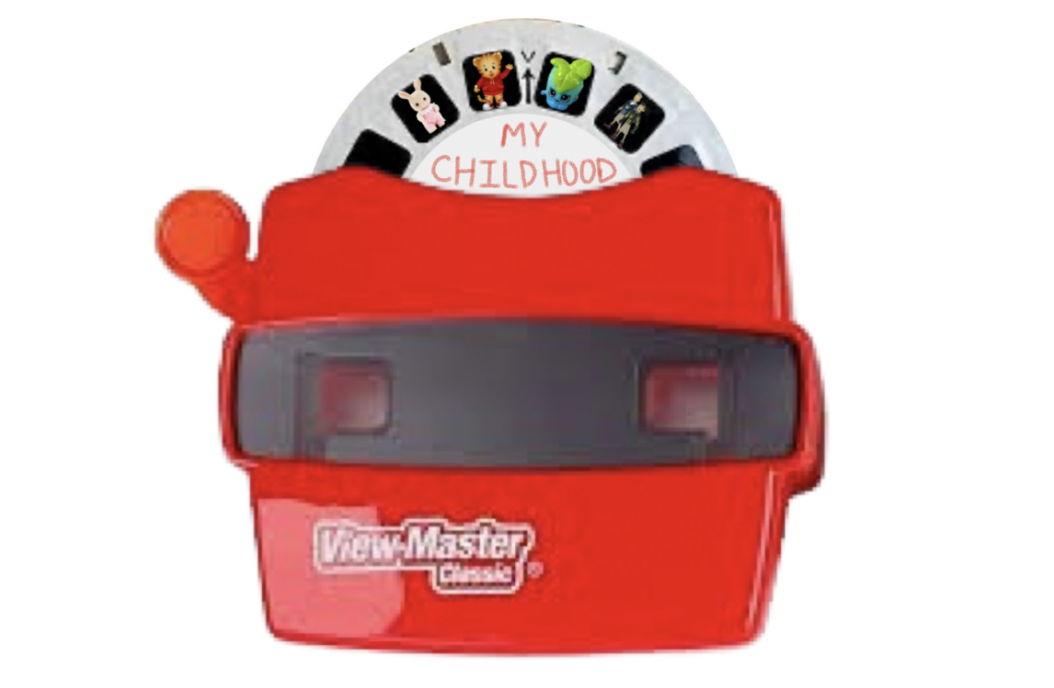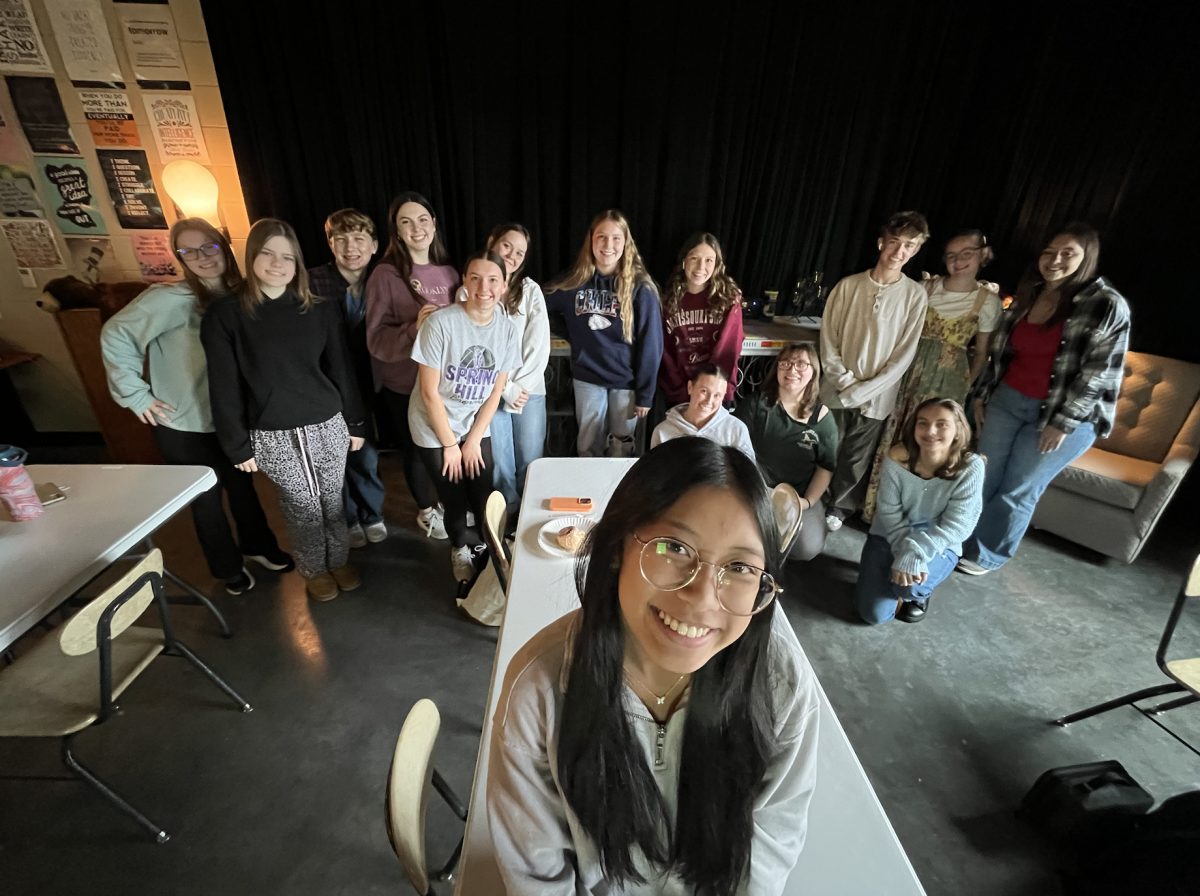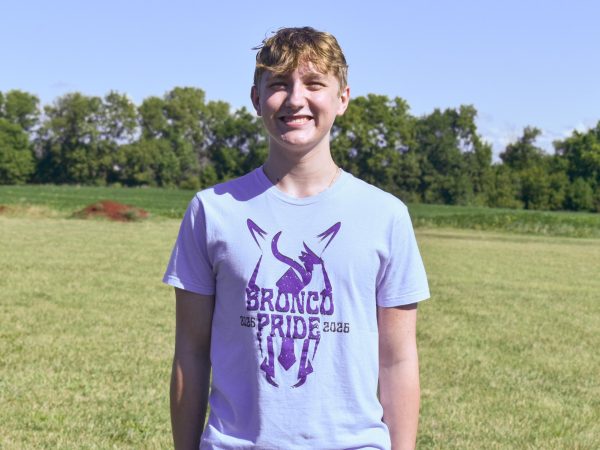Kamala Harris and Donald Trump are names every person living in America knows by heart, face, and by the slightest mention. This year, the 2024 election exuded political tension into every public sphere, including schools. While every election creates tension, for my generation, this was one of the first where we participated either directly by voting, or indirectly by voicing our opinions. Due to the polarized landscape that is modern American politics, tension is bound to arise when beliefs are expressed. This, combined with the close proximity of those with varying political alignments, lead to arguments and tension in every school, including our high school.
It is my personal belief that political discussion should never be censored amongst any age group or in any public area, unless it breaches a barrier of hate or the discussion becomes disruptive. This includes that I think teachers should be able to voice their opinions in the classroom. This comes with a limit however. Of course, any district can have policy to prohibit teachers from speaking their political beliefs, but it is my opinion that teachers shouldn’t try to convince students of their opinion. This is albeit hard to monitor and enforce, which justifies why many districts encourage teachers not to be politically outspoken.
In terms of my beliefs of student political discussion, I feel that it should never be censored unless it is hateful or disruptive to a productive conversation. Students have their own perspectives on the world around them, and one that in my opinion, is incredibly valuable due to the inability for many high school students to vote.
SPUB, while not completely aligned with mine or each other’s beliefs, had a general consensus that politics should be discussed, in any area, respectfully and without misinformation. However, many felt that political discussions should mainly be had in history classes when applicable to curriculum. I understand the educational aspect of politics, and I agree that it should be encouraged in history classes, but I feel it is impossible to prevent any group of people from voicing their opinion, even if those opinions are disrespectful.
Another consensus amongst SPUB is that politics shouldn’t divide students and classes the way they do. Multiple staff members commented on the separating aspects of a two-party political system, and how it breaks friendships and families apart. I agree with the faults of a two-party system, as it limits the choices voters can make on people who they feel represent them; additionally, I agree with the notion that it separates relationships, but I feel that it should’ve never gotten to the point it has. In my opinion, it is evident that in the past few years, politics have gotten more and more polarized, with political parties becoming farther right-wing and left-wing respectively. It never should’ve reached the point it has, and I feel that modern runners for executive office have contributed to the “black and white” state of politics that feels ever-present in media and in everyday life, including the classroom.
In summary, me and my fellow staff members agree that there is work to be done in terms of creating respectful and informative spaces for students to discuss politics without censorship. More importantly, these spaces should discourage extremism, and should encourage shared experiences and discussion.


